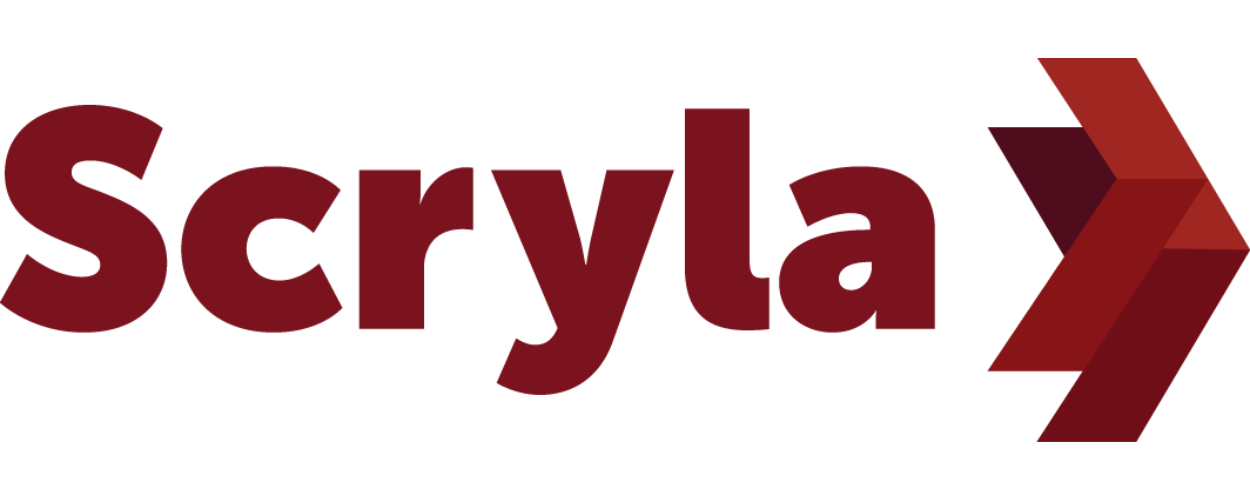Senior leaders, let’s talk tech team development and what it means for your business. Part 3.
Welcome to the final part of the blog series, all about career development within tech teams. If you've been following along, you already know how crucial this is for employees and employers. Now, let's look at some practical strategies that can help you encourage career growth and development within your technology team. We touched on this in part 2, where we talked about how to avoid the challenges that can crop up if you don’t develop your team. But let’s look at it now in more detail.
Illuminate career paths
One of the most critical aspects of career development is having a clear path to follow. Imagine travelling in the dark without a light; challenging, right? The same goes for a career. It's essential that you illuminate your tech team’s career paths.
Start by outlining different roles and positions within the team. Show your employees the steps they need to take to reach each level. This can create a sense of purpose and direction, motivating individuals to strive for growth within your business.
Training and skill enhancement
In the fast-paced world of technology, what you know today might be outdated tomorrow. To stay competitive and relevant, continuous learning is crucial. Invest in training and skill enhancement programs for your team members.
These programs can take many forms, from online courses and workshops to attending conferences and webinars. Make sure these opportunities aren’t just about learning but also about applying new skills in real-world scenarios.
Encourage a culture of curiosity and self-improvement. Let your team members know that it's not just about meeting their current job requirements but also about preparing for future roles.
And don’t overlook the development of human-based skills, too. The ability to use the 2 C’s – Communication & Collaboration as part of an IT role is crucial. Being able to explain complexities to stakeholders and work with other teams can enhance the output of a tech team. It can also encourage senior leaders and Board buy-in.
Recognition and rewards
Feeling appreciated goes a long way in motivating employees. Implement recognition and rewards systems within your team to acknowledge and celebrate achievements, big or small.
Recognition can be as simple as a shout-out during a team meeting. You can also consider more tangible rewards like gift cards, extra time off, or even promotions for those who consistently excel in their roles.
These gestures boost morale and create a positive competitive spirit among team members, encouraging them to take ownership of their career development.
Mentorship and coaching
Mentorship and coaching relationships can be game changers in career development. Encourage your team members to seek out mentors within the organisation, preferably someone who has walked a similar career path. Consider setting up a mentorship programme, so your whole business can benefit from the same experience.
Mentors can provide guidance, share their knowledge, and offer valuable insights. They can help team members set realistic goals and navigate challenges they might face.
On the flip side, encourage experienced team members to take on mentorship roles. This helps them solidify their knowledge and creates a sense of community and shared growth within the team and business as a whole.
Regular performance evaluations
Integrating career development discussions into regular performance evaluations is essential. This ensures that career growth aligns with individual performance and business objectives.
During these evaluations, discuss not only current accomplishments but also future aspirations. Use this opportunity to set SMART (Specific, Measurable, Achievable, Relevant, Time-bound) goals for career development.
Make sure these discussions aren’t one-way streets. Encourage employees to provide feedback on their career development plans and suggest areas where they need support.
A good manager should encourage open conversations about career goals. Make sure your leaders regularly sit down with your team members to discuss their aspirations and how they align with the available career paths. This will help you tailor development plans to suit their individual needs.
Career map templates are a powerful tool that can help managers and their team members identify career growth opportunities and support them with a roadmap to hit key milestones.
To complete the template a manager needs to:
Create a list of skills
Set grades
Map skills to grades
Hold 1-on-1 meetings to build a personal development plan (PDP)
Continually revisit the PDP and make it clear what team members must do to reach certain pay grade levels.
Career development isn't a one-size-fits-all approach. Each team member is unique, with their own goals and aspirations. Flexibility is key when implementing these strategies. Tailor your approach to meet individual and business needs.
We hope you've gained valuable insights to inspire positive changes in your business. Remember, your team's success is your success, and investing in their career growth is a step towards a brighter future for everyone involved.
If you need help developing your tech team then Scryla are here to help. Please get in touch.
